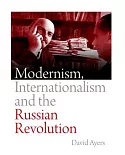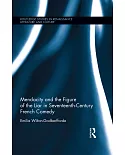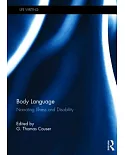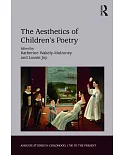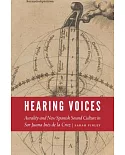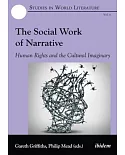Exiles in the City: Hannah Arendt and Edward W. Said in Counterpoint, by William V. Spanos, explores the affiliative relationship between Arendt�� and Said�� thought, not simply
their mutual emphasis on the importance of the exilic consciousness in an age characterized by the decline of the nation-state and the rise of globalization, but also on the oppositional
politics that a displaced consciousness enables. The pairing of these two extraordinary intellectuals is unusual and controversial because of their ethnic identities. In radically
secularizing their comportment towards being, their exilic condition enabled them to undertake inaugural critiques of the culture of the nation-state system of Western modernity.
As variations on the theme of exile, the five chapters of this book constitute reflections on what is foundational and abiding in both Arendt�� and Said�� work. They not only document the
heretofore unnoticed affiliation between the two thinkers. They also shed light on Arendt�� and Said�� proleptic activist explorations of the urgent ��uestion of Palestine,��especially on
the fraught present situation, which bears increasing witness to the irony that the Israeli nation-state�� ��olution��has, from the beginning, systematically repeated the degradations the
Jewish people suffered at the hands of German nationalism.





